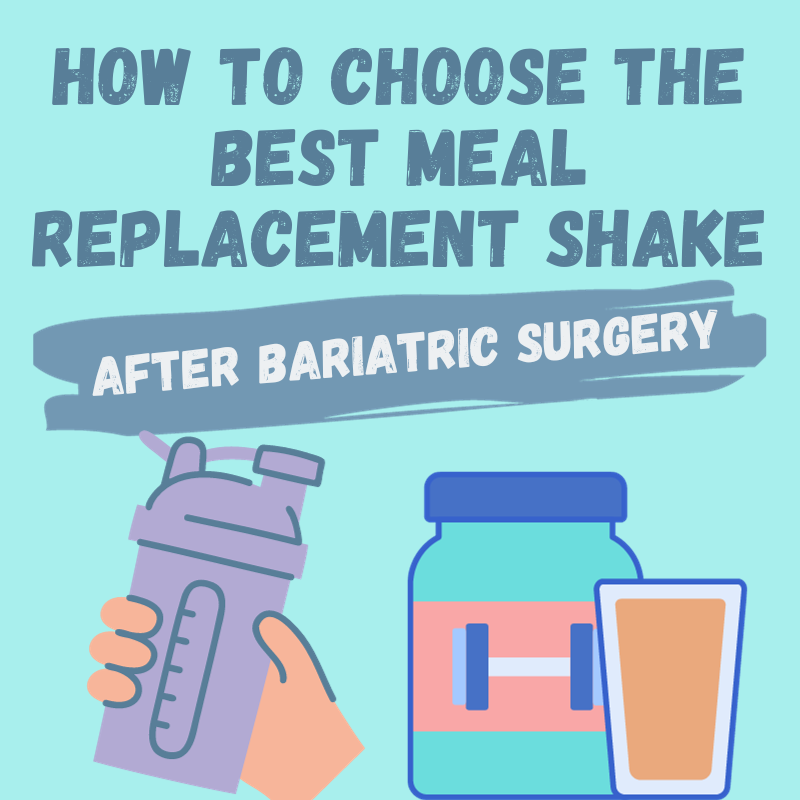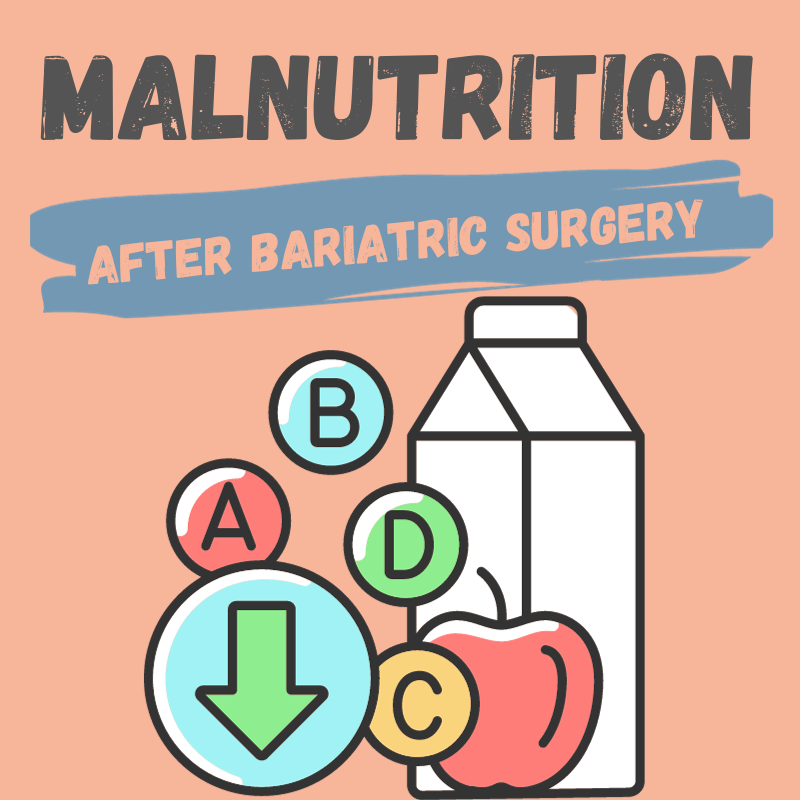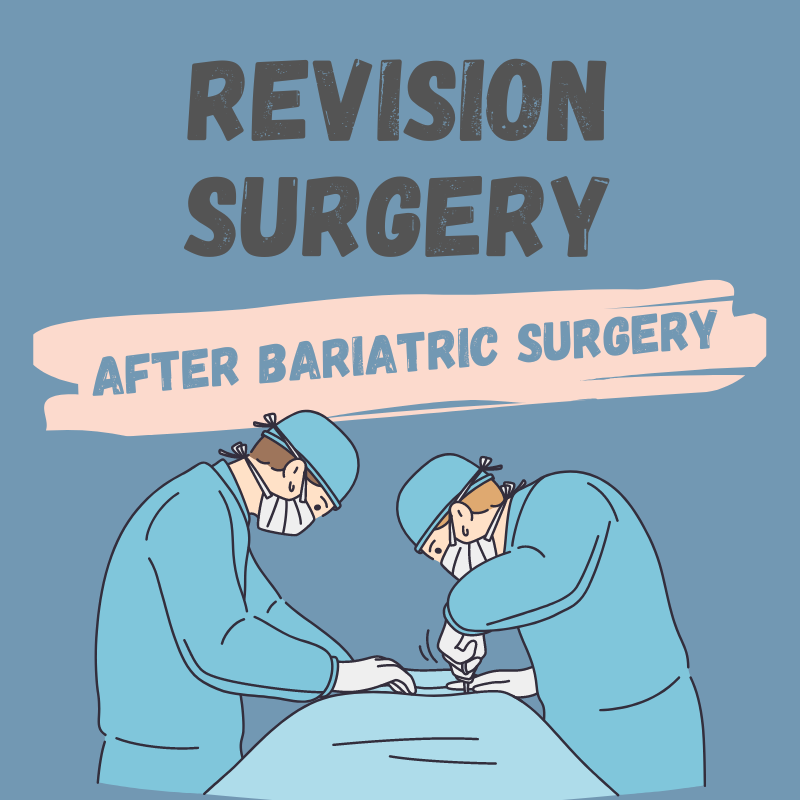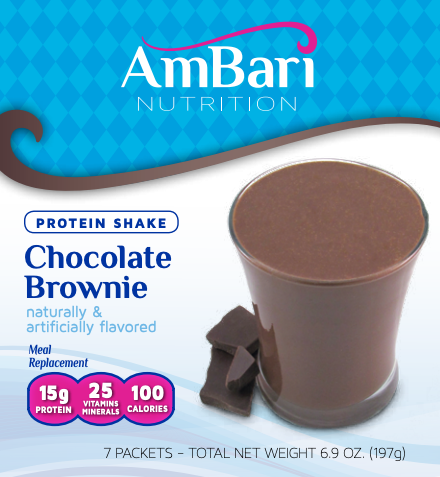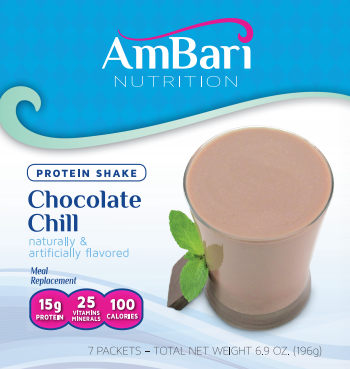Your cart is empty
The First Weeks After Weight Loss Surgery

After Bariatric Surgery: The First Week Experience
The first week after bariatric surgery is the most important period for patients. It marks the beginning of the recovery process that can determine the long-term success of weight loss surgery. During this time, patients are expected to adapt to new dietary changes, caloric guidelines, wound care, and gastrointestinal concerns. Therefore, it is essential to follow the healthy habits and guidelines set by the weight loss surgeon to achieve fitness goals effectively.
Patients should expect to consume clear liquids during the first few days after surgery, followed by pureed foods, soft foods, and finally, solid foods. It is essential to maintain the caloric guidelines suggested by the physician to ensure a successful weight loss process. Patients should also pay close attention to wound care and avoid strenuous activities that could hinder the recovery process.
Importance of the First Few Weeks After Weight Loss Surgery
Early adherence to dietary guidelines, including low-calorie intake and hydration, is vital for optimal healing and preventing complications. Patients must be diligent in taking recommended supplements to meet nutritional needs while closely monitoring for signs of infection or other postoperative complications. A comprehensive support team can provide education and guidance during this challenging time as patients adjust to a new lifestyle.
Aside from following dietary restrictions and supplement regimens, it is important to manage pain levels effectively. This allows patients to be active in their recovery, which promotes better digestion and weight loss outcomes. It is also essential to attend follow-up appointments with medical professionals. They can monitor physical health conditions that may arise after the operation, evaluate weight loss progress, and make recommendations for continued care.
Adjusting to New Habits and Guidelines
Establishing new habits includes establishing a healthy lifestyle that involves routine exercise and proper dieting methods, accompanied by several follow-up appointments with the physician.
The doctor will provide specific instructions for eating meals, which will include consuming smaller portions, staying hydrated, reducing carbohydrates intake and avoiding sugary items. It is essential to track calorie intake and consume vitamins suggested by your surgeon or medical personnel.
To prevent nutritional deficiencies, keeping up with scheduled monthly labs and supplementing vitamins is crucial.
Post-surgery scheduling can be challenging as meal arrangements need to align with everyday life habits; sticking to bedtimes and self-care techniques are significant factors in setting realistic goals when trying to create new habits successfully.
Caring for Wounds after Weight Loss Surgery

After Bariatric Surgery, Proper Wound Management is Essential
Proper postoperative wound management is important to avoid infections, promote healing, and minimize scarring. This can be achieved by following strict guidelines from your surgeon. Proper wound care includes keeping the incision site clean and dry, changing dressings as recommended, and avoiding any activities that may strain the area.
To avoid complications, it is important to closely monitor the wound for any signs of infection or abnormal healing. Redness, swelling, heat, and discharge are all signs to look out for, and you should contact your healthcare provider immediately if you notice any of these symptoms.
Following your surgeon’s instructions and ensuring proper wound management is essential to achieving a successful outcome.
Inadequate wound management can lead to the formation of thick, raised, and painful scars known as keloids. Keloids can take months to heal and cause skin tightness, pain, and discomfort.
Following Bariatric Surgeons Instructions for Wound Care
During the first week post-surgery, careful attention must be given to wound care to minimize complications and promote healing.
Here are six steps for following weight loss surgeon’s instructions for wound care:
- Keep the surgical area clean and dry. Avoid direct water pressure or soaking in the bath for at least ten days, after which a gentle shower or bath is recommended.
- Monitor wounds for swelling, redness, or excessive drainage and report any concerns immediately.
- Avoid applying powders or creams until advised by a specialist.
- Cover incisions with dressings as directed by the surgeon to protect against infection and friction.
- Avoid lifting heavy objects or engaging in strenuous exercise until authorized to ensure optimal healing.
- Follow any dietary restrictions and consumption of prescribed medications to aid in the recovery process.
It's also important to avoid aspirin-containing pain relievers during wound healing since they can encourage bleeding.
Importance of Avoiding Infection for a Speedy Recovery
During post-weight loss surgery recovery, it is crucial to avoid infections. Preventing infections is important because if not managed properly, they can significantly delay the healing process and lead to further complications. To ensure a speedy and successful recovery, it's necessary to stick closely to all prescribed practices outlined by the medical team.
To avoid infection after weight loss surgery, patients must:
- keep their wounds clean and dry
- take medications for pain and prevention of infection as prescribed by the doctor
- refrain from touching their wounds or changing dressing unnecessarily without first consulting with a medical professional
- recognize signs and symptoms of an infection in order to report them immediately to a doctor
Research shows that wound infections occur in 3% - 15% of patients who undergo weight loss surgery. Therefore, avoiding infection is critical for a speedy recovery after bariatric surgery.
Gastrointestinal Concerns after Bariatric Surgery
After bariatric surgery, patients may experience gastrointestinal issues such as nausea, vomiting, diarrhea, and constipation. These concerns are due to the changes in the digestive system and can last for several weeks.
Follow the dietary guidelines provided by the healthcare team to ease these symptoms. Consuming enough fluids and protein is crucial, and solid foods should be gradually reintroduced. Additionally, chewing food thoroughly and eating slowly can aid in digestion.
Adequate sleep is also vital, and patients should avoid lying down immediately after eating. Smoking and consuming alcohol should be strictly avoided, and medications for gastrointestinal issues should only be taken after consulting with the healthcare team.
Maintaining a food and symptom diary can aid in identifying trigger foods and help healthcare professionals adjust the diet plan accordingly.
Changes in the Digestive Process after Weight Loss Surgery
Significant changes occur in the digestive process after surgery. The reduced stomach size and bypassing of a section of the small intestine lead to altered hormonal signals and absorption capabilities. This results in reduced hunger levels and subsequent weight loss.
Gastrointestinal concerns that arise after weight loss surgery include nausea, vomiting, diarrhea, constipation, and bloating during the first week of recovery. These symptoms often occur due to the alteration in digestive processes and can range from mild to severe. Adequate hydration, following a strict diet plan, and avoiding overeating can help alleviate these issues.
It is important to note that with time, the digestive system adjusts to the new anatomy post-surgery resulting in improvement or resolution of these gastrointestinal concerns in many patients.
Adjusting to Activity after Weight Loss Surgery
Starting activity after surgery requires a gradual approach to ensure a smooth recovery. This method allows the body to adjust and heal optimally, preventing injury and setbacks. Listen to your body, try not push too much, and follow any physical therapy plan provided by your healthcare provider.
Patients undergoing post-bariatric surgery should consider walking short distances regularly in the first week after the surgery. It is recommended that they walk indoors or on a flat surface. Slow pace activities such as arm stretching exercises or standing up from a seat can also aid in gentle muscle movement.
Take the time needed for proper healing before increasing exercise intensity. Patients should avoid strenuous activities like lifting objects beyond 5 pounds or other recreational activities until advised by their doctor.
Doctors suggest avoiding heavy resistance training after bariatric surgery for safety reasons. Additionally, monitoring bodily changes is important because what was comfortable before may no longer be comfortable post-surgery.
Diet After Weight Loss Surgery
Post Bariatric Surgery Diet - After the weight loss surgery, you'll have to follow a strict nutritional plan to heal your body.
- Start with clear liquids only, such as water and broth, for the first two days.
- Then, introduce pureed foods for the next two weeks.
- After that, move to soft foods and incorporate protein-rich options.
- Maintain a balanced diet of protein, vegetables, fruits, and whole grains to continue your weight loss journey while keeping your body healthy.
Ensure you stay hydrated by drinking plenty of fluids throughout the day. Stay away from foods high in sugar and fat, such as junk food, candy, and soda to prevent unwanted weight gain.
Don't risk delaying your recovery by not following the proper post-surgery diet. Stick to your nutritional plan and consult with a nutritionist to ensure success in achieving your weight loss goals.
Progression Through Four Stages of a Modified Diet
This diet involves the progression through four separate stages to allow the body to heal and adopt new eating habits.
- Stage One: Liquid Diet
The first stage of a modified diet after bariatric surgery involves only consuming clear liquids, such as broth, Jello, and sugar-free drinks. Avoid consuming carbonated beverages or drinks with caffeine.
- Stage Two: Pureed Foods
Introduce pureed foods that are mashed or blended in this stage. Ensure the food has reached a smooth texture without chunks to prevent digestion issues. Focus on maintaining protein intake by consuming lean meats like chicken or fish.
- Stage Three: Soft Foods
This stage includes consuming soft but solid foods like cottage cheese, canned fruits, and scrambled eggs. Incorporate slow-release carbohydrates such as oatmeal and sweet potatoes into your daily routine.
- Stage Four: Gradual Introduction of Solid Foods
The final stage allows adding solid foods back gradually by incorporating fibrous vegetables like broccoli, green beans with lean protein up to 3 ounces per meal.
- Maintenance Diet:
This is a continuous step wherein you have to maintain healthy eating habits avoiding junk food, processed food high calorie beverages while focusing on intake of recommended protein quantity from this stage.
It is important not to skip any of the four diet stages as they aid in proper healing and minimize long-term complications. Follow your surgeon's instructions strictly.
Conclusion
The initial stage after bariatric surgery is vital in determining the patient's outcome. In this period, patients must follow a strict post-surgery diet and exercise routine to avoid complications and ensure long-term success.
During this time, patients should expect to experience discomfort, pain, and fatigue, which can be managed with pain medication, rest, and hydration. It is crucial that patients adhere to the guidelines given by their healthcare provider and avoid strenuous activities such as lifting heavy objects, driving, or travelling long distances.
In addition to following the recommended diet and exercise program, patients should prioritize their mental health and well-being during the first week. Regular communication with a healthcare provider or a support group can be helpful in managing the emotional and psychological effects of the surgery, such as anxiety, fear, and uncertainty.
FAQs about The First Week After Bariatric Surgery
What can I expect during the first week after bariatric surgery?
During the first week after bariatric surgery, patients can expect to experience some discomfort and pain as well as dietary restrictions. It's important to follow your surgeon and dietitian's instructions closely, and to rest as much as possible.
What should I be eating during the first week after bariatric surgery?
Your diet in the first week after bariatric surgery will be limited to clear liquids only, such as water, broth, and sugar-free drinks. It's important to sip fluids slowly throughout the day and avoid consuming too much at once. Your surgeon and dietitian will provide detailed instructions about your specific diet plan.
How much weight should I expect to lose during the first week after bariatric surgery?
Weight loss varies from patient to patient, but most people can expect to lose a significant amount of weight in the first week after bariatric surgery. This is due to the limited intake of food and fluids, as well as the reduction in swelling and inflammation caused by the surgery.
When can I start exercising after bariatric surgery?
Your surgeon will likely advise you to avoid strenuous exercise for the first few weeks after bariatric surgery. However, light exercise such as short walks can be beneficial in promoting healing and reducing the risk of blood clots.
How can I manage my pain after bariatric surgery?
Your surgeon will likely prescribe pain medication to manage any discomfort or pain during the first week after bariatric surgery. It's important to take the medication as prescribed and to avoid taking non-prescription pain medication without first consulting with your surgeon.
What are some signs of complications in the first week after bariatric surgery?
Some signs of complications during the first week after bariatric surgery may include fever, severe pain or swelling, excessive bleeding, or difficulty breathing. If you experience any of these symptoms, contact your surgeon immediately.
Author: Allison Eisenberg Allison is a certified nutritionist and author with over 15 years of experience writing in the health and weight loss industry. She is passionate about helping people achieve their goals through proper nutrition and exercise. As a certified nutritionist, Allison has worked with clients from all walks of life and helped them make positive changes to their diet and lifestyle. |
Reviewed By: Dr. K. Huffman Kevin D. Huffman, D.O. is a board-certified bariatric physician who has dedicated his career to treating obesity. With over 10,000 patients under his care, he has become a respected authority in the field of bariatric medicine. Dr. Huffman has trained and mentored hundreds of healthcare providers and is widely recognized as a national leader in the field. |
Bariatric Guides & Information
More Info
Customer Favorites
- Choosing a selection results in a full page refresh.










